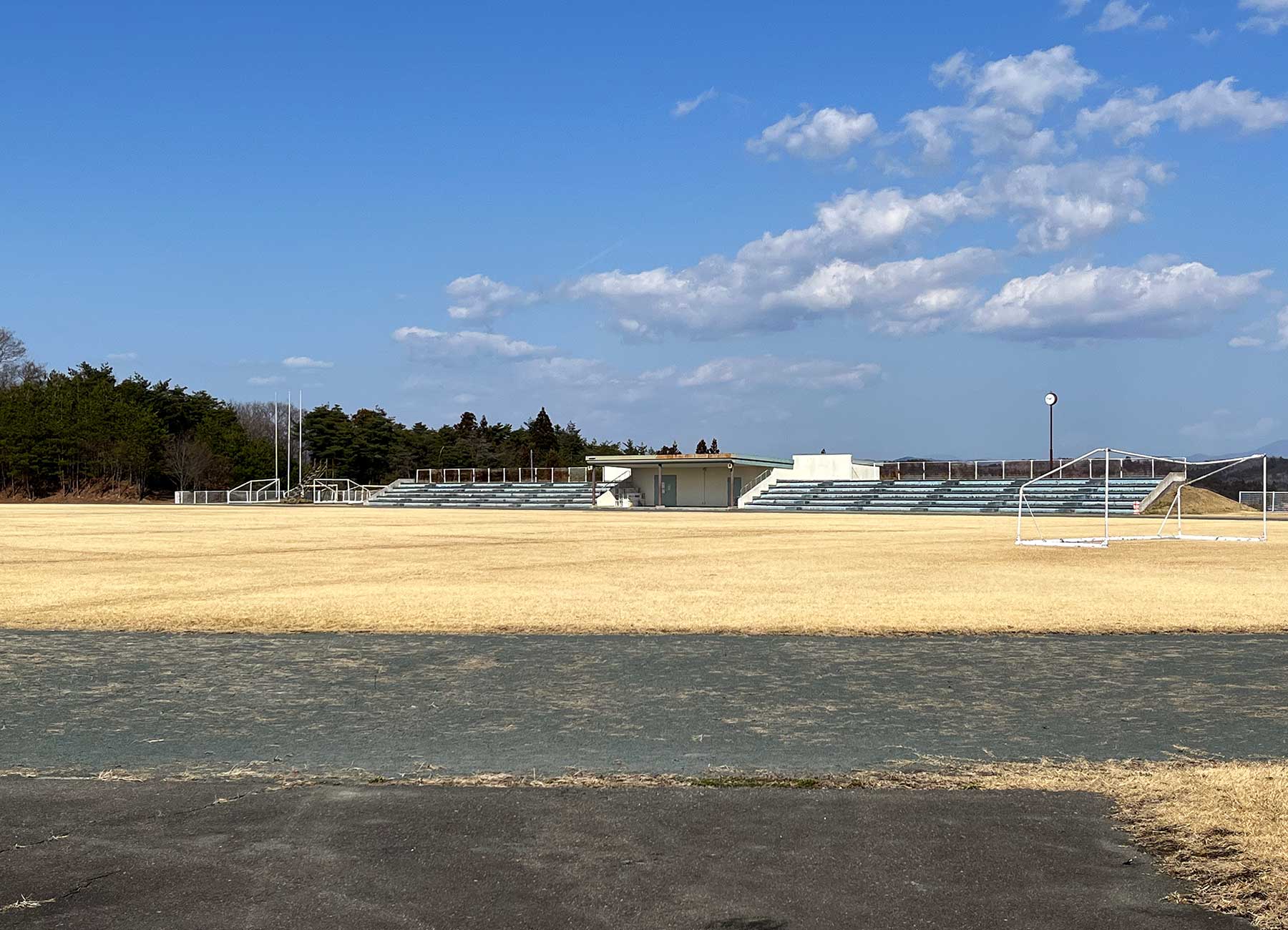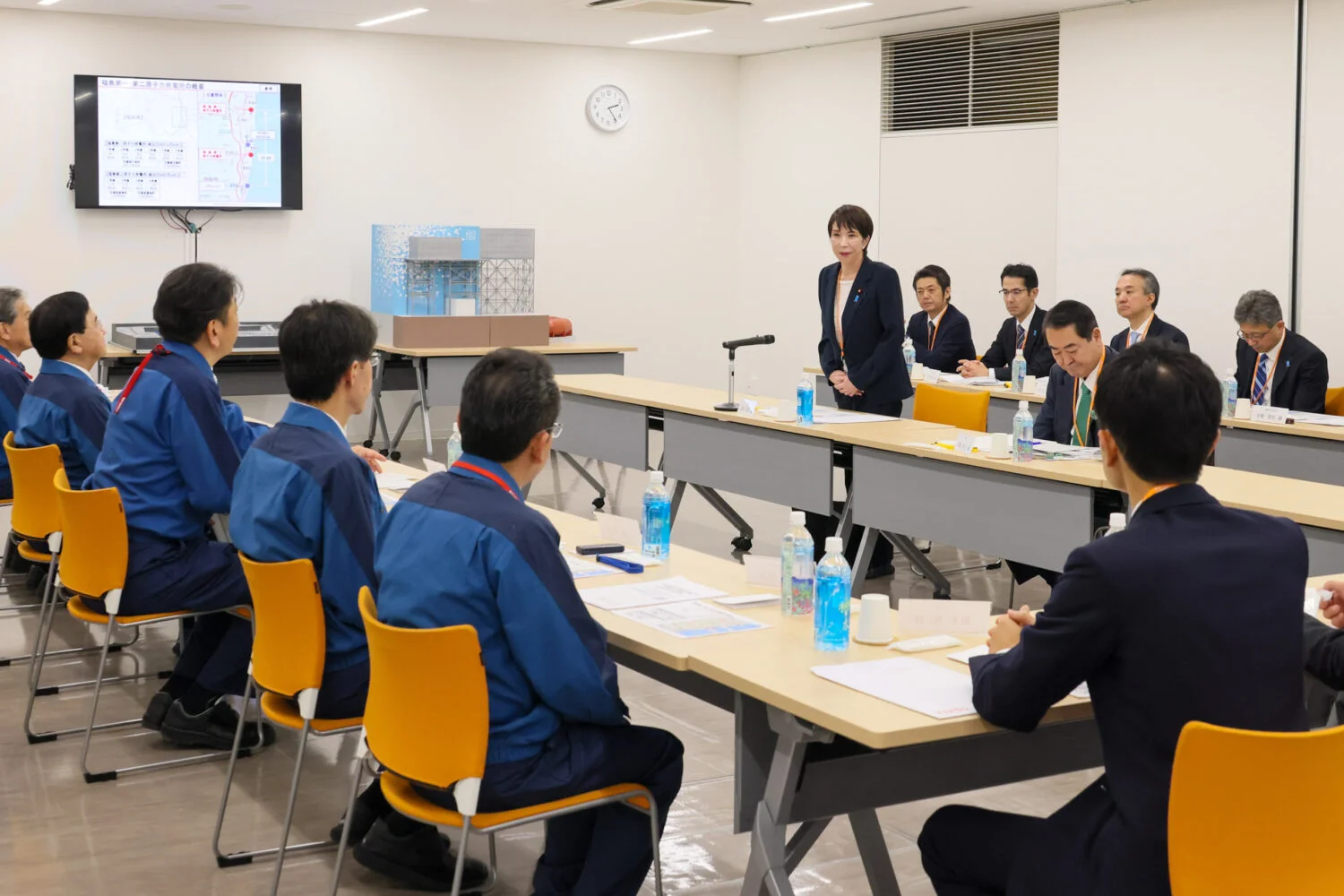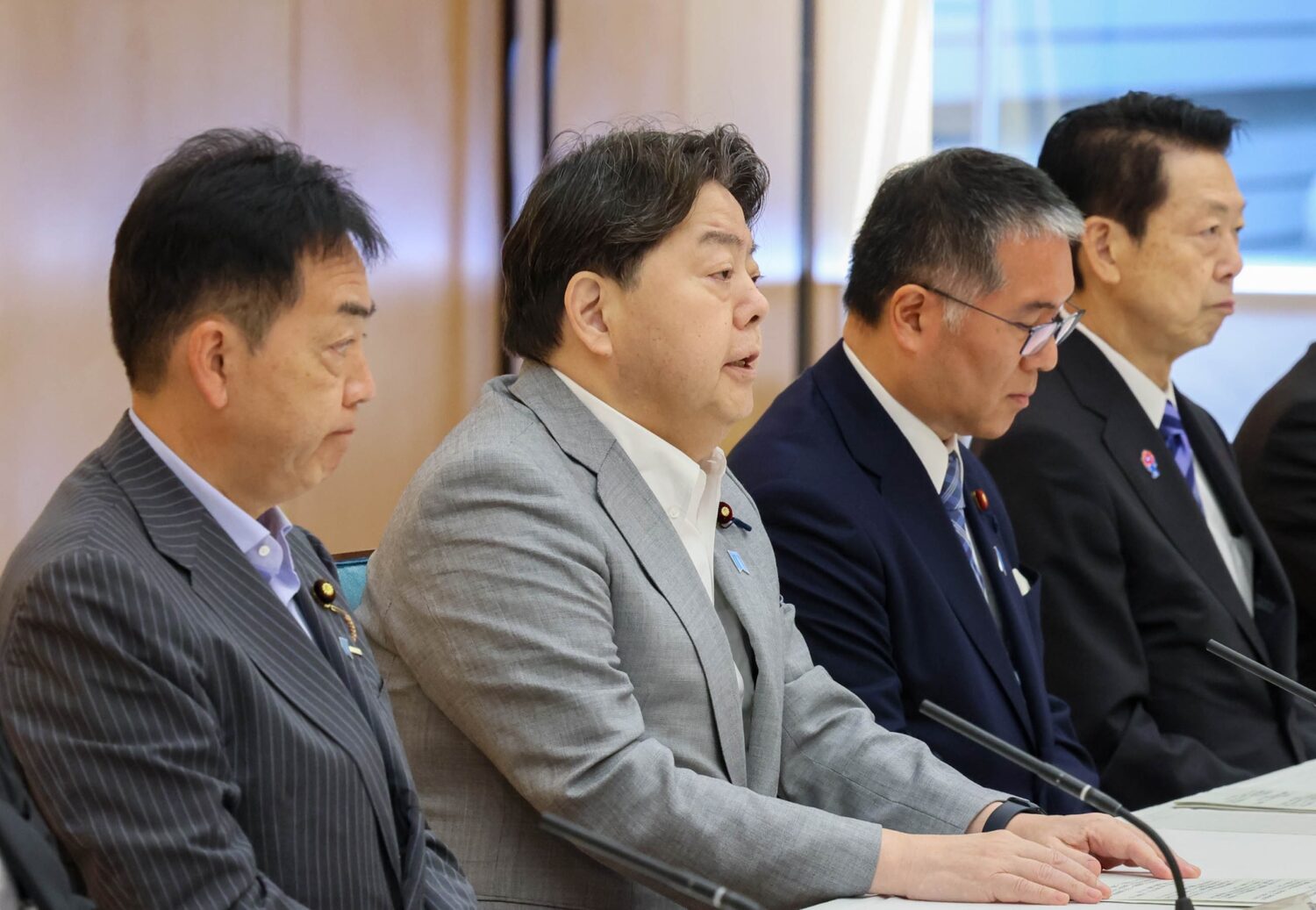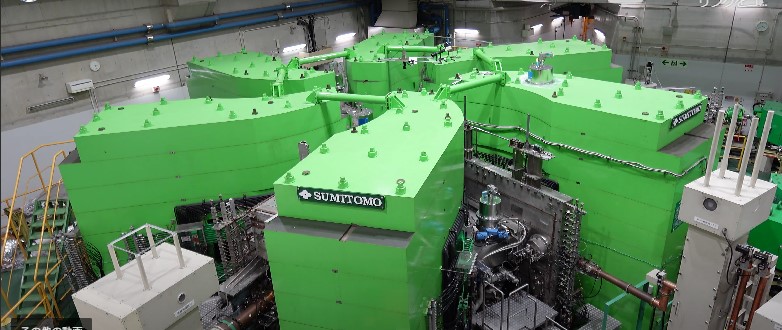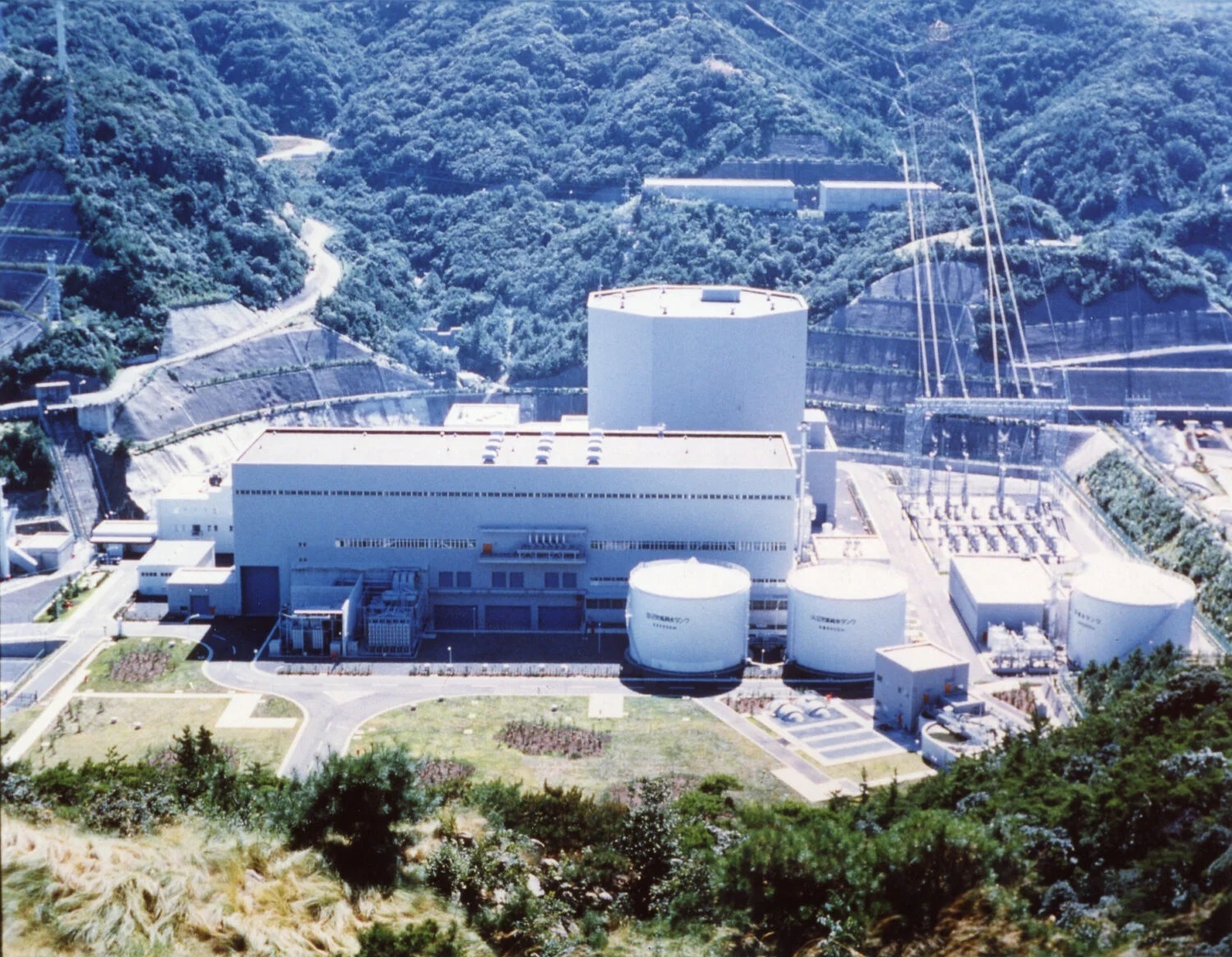Incidentally, the Advanced Liquid Processing System (ALPS)—the multi-nuclide removal equipment that purifies and treats contaminated water generated at the Fukushima Daiichi NPPs—cannot remove the tritium in the water, requiring another method.
The public hearings on the handling of the tritium water were conducted by a task force of experts from Japan’s Agency for Natural Resources and Energy (ANRE) on August 30 in Tomioka Town (Fukushima Prefecture), and on August 31 in Koriyama City (Fukushima Prefecture) and Tokyo.
A total of 44 people, including those in local fisheries, voiced their opinions at the hearings. Some were concerned about the damage caused by unfounded fears and rumors concerning the effects of the offshore disposal of tritium water. Meanwhile, many others thought that the water should remain stored in tanks for the time being while new treatment technologies were being sought.
Asked whether the tritium water should continue to be stored in the tanks, NRA Chairman Fuketa said, “The answer changes depending on the time framework. Will it be just five or ten years? That might be one thing. Or will it be until another technological option becomes available? That would be something else. While it is fair not to exclude any possibilities, the implications for the decommissioning process increase the longer the issue remains unresolved.”
At a press briefing on August 29, prior to the public hearings, Fuketa had stated that the concentration control for the environmental release was set quite conservatively by the Ministry of Education, Culture, Science and Technology (MEXT) in its notification. He also said that no adverse effects on human health or food products were anticipated, insofar as those values were observed scientifically and technologically.
At the same time, he said that it was natural for people to feel psychological resistance to once-contaminated things, even after those things had been cleaned. He added that he recognized that people were concerned about unfounded fears and rumors, and that it was significant to pay heed to a broad range of people for their opinions.


